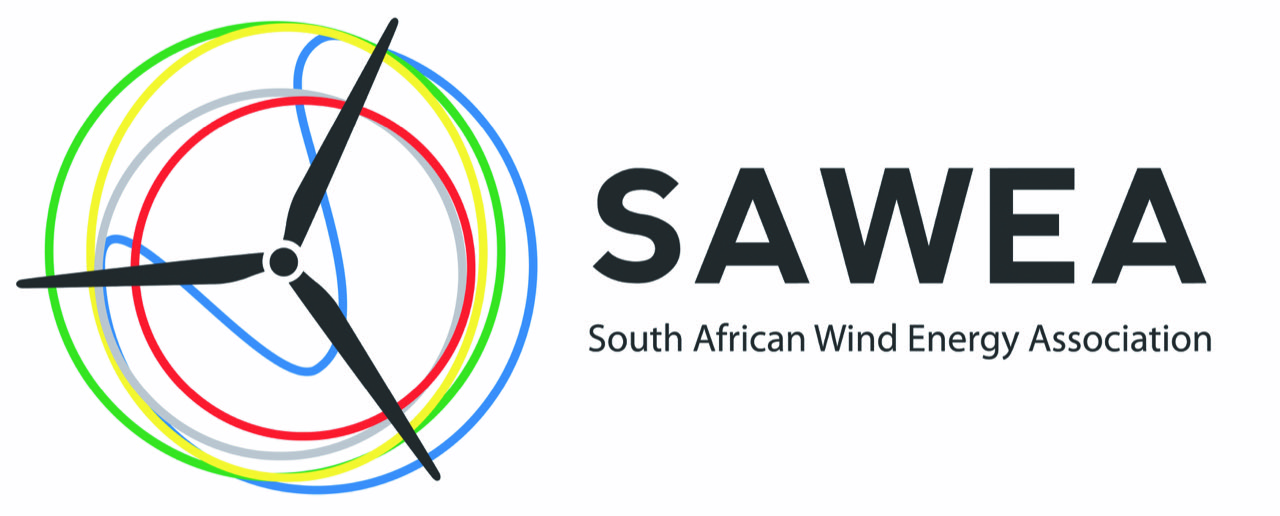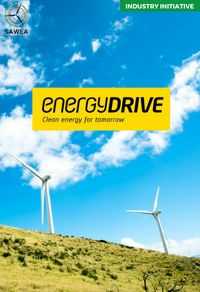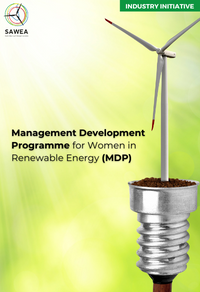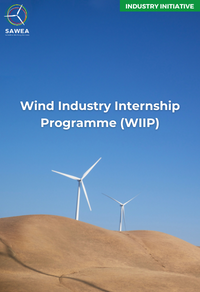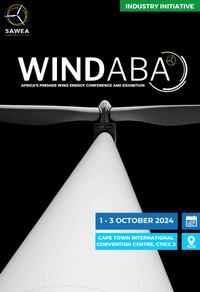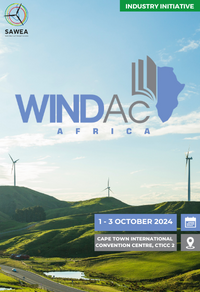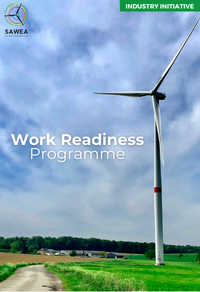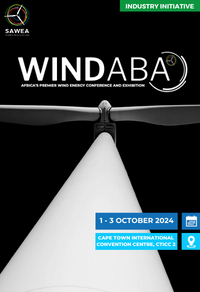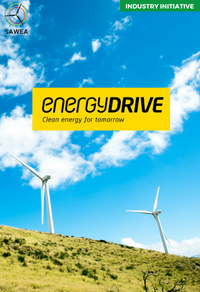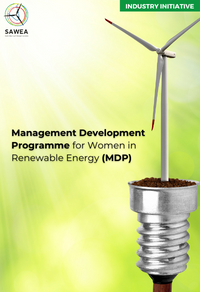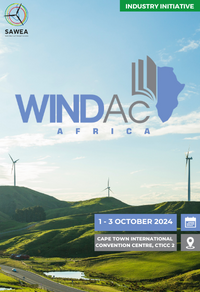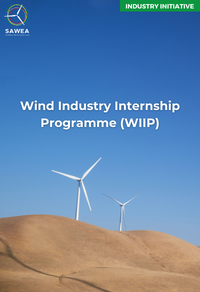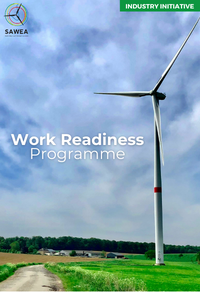CEO's Voice
Dear Members,
The last four weeks has seen the culmination of many months, and in some cases years, of hard work undertaken by our industry and Eskom, to strengthen policy and accelerate the country’s energy transition as we embark on a period of new power generation.
With a number of our members receiving Grid Allocation in the Cape region from Eskom, we can truly celebrate the unlocking of SA’s private procurement market. It is estimated that this will connect circa 3.3GW of new power generation in the next two years. We expect that 60% (or just over 2GW) of these projects are Wind Energy IPPs.
I’d like to take this opportunity to congratulate two of our members, G7 Renewable Energies and EDF Renewables’, for achieving legal close in the Risk Mitigation Independent Power Producer Procurement Programme (RMIPPPP). As these hybrid projects incorporate wind, solar and storage technology on a utility scale, they’ll enhance the reliability and stability of the power generation system.
Next, I’d like thank our task team who has worked alongside the Utility to address our member’s concerns regarding the Interim Grid Capacity Allocation Rules (IGCAR). Since the rules were issued, it has taken extensive engagement to address concerns that could detract investors. It is encouraging to see that as a result of these efforts, Industry’s concerns with the list of requirements proposed have been addressed or removed, as shared in a session with Eskom last week.
We once again applaud Eskom for their efforts, continuously striving for equitability and transparency in the allocation of the limited available grid capacity in a structured and coordinated approach, as well as allowing us to engage them on our concerns and making the necessary adjustments. This will no doubt enable the country to better realise a balanced and reliable energy mix, whilst we struggle with grid constraints and the limitations this places on the energy sector.
Subsequent to this, Eskom has released the ‘Proposed Gated Process’ (PGP). The PGP has the potential to address several interrelated problems presently plaguing grid access for new generation: including managing the co-existence of public and private procurement, enabling better grid planning.
We see this as another step in the right direction, as it addresses the competitive nature of the private market and government’s public procurement and given the grid constraints, it provides a framework that structures the process to efficiently and effectively allocate limited grid capacity. SAWEA is committed to continued engagement with Eskom to improve the PGP to best suit the Industry’s needs aligned with the country’s objectives of energy security.
The current IGCAR parameters are seen as an interim measure to process legacy applications in the Western and Eastern Cape. The evidence requirements for Budget Quotes in the Proposed Gated Process is to be based on a GCAR and needs to be codified through a process of consultation with industry and application via NERSA.
As announced late August, Eskom is expected to publish an updated Generation Connection Capacity Assessment (GCCA) ahead of the next bid window (BW7), which is expected to open during September. The updated GCCA is to provide investors with visibility of the grid capacity and connection points, as well as to avoid the grid-related problems that arose during BW6.
Lastly, with just a month before Windaba 2023 kicks- off we thank our members for once again stepping forward to support our industry’s flagship conference. We look forward to hosting you and having the chance to deepen our working relationships.
Kind regards,
Niveshen Govender
